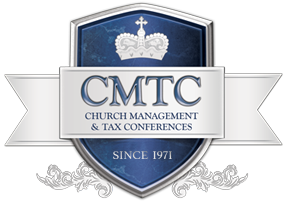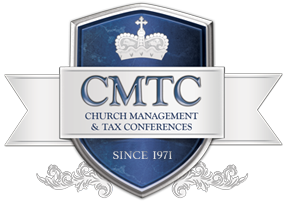Are Your Ordination Credentials Legal?
He had married people in his small North Carolina Community for years and there never seemed to be a problem, but then the bottom fell out. In a divorce proceeding of a young couple, the man’s attorney decided to check the legality of the Minister’s Credentials. During a thorough examination it was determined that the Minister had been ordained by someone who was not legally authorized to do so.
The ruling led to an annulment of the young couple’s marriage and since there was no legal wedding ceremony, alimony was denied. This prompted a stir among others whose ceremony was officiated by this Minister.
This modern trend of “Spiritual fathers,” and young Ministers desirous of their “Spiritual father’s” blessing, has generated a huge number of illegally ordained clergy. A formal ordination ceremony may qualify one to do pulpit ministry, but it does not necessarily mean the credentials are legally recognized by law or the IRS. Unless the credentials are legally recognized, the Minister has not only placed others in unique positions, but also himself (especially if he has taken advantage of tax benefits available to Ministers).
According to one report, as much as 86% of Ministers in the USA have credentials that are not legally recognized.
Criteria for Legally Recognized Credentials
- All corporate documents, including your articles of incorporation, Church bylaws, board meeting minutes, and 501(c)(3) application must contain language stating that you intend to have or already have a licensing and ordination program.
- You must require that Ministerial Applicants meet certain criteria.
This should include thorough background checks, letters of recommendation, faithful service to a local Church and Pastor, and an examination requiring a reasonable minimum score.
- An application fee is a must, and credentials must be subject to a valid renewal process.
- The credentials should contain an expiration and renewal date.
Never provide lifetime credentials.
- Have guidelines in place that ensure all Ministers properly convey the Church or organization’s mission and tenets of faith.
- All Ministers are to maintain a meaningful relationship with the ordaining organization.
This is to be accomplished by the attendance of conferences or services at least annually.
- Have a documented formal commissioning process.
- Keep good records of all that are ordained and licensed including those who are active, inactive, or revoked.
Failure to adhere by these simple, but necessary requirements categorize the ordaining body as nothing more than a credential mill.
An Easier Way
The International Congress of Churches and Ministers has become the largest non-denominational ordaining fellowship in the world.
Our credentialing process is detailed and rigorous. Although, it only takes about 30 days to complete our process, the applicant knows that he or she has not been handed a piece of paper, but has earned their Ordination Certificate and all honors that apply. Most importantly, our credentials are legal.
If you are serving in a Ministry position, i.e. Pastor, Minister of Music, Youth Minister, etc., do not serve another day in that capacity without legal credentials. We have the answer to which you have been looking. You will be glad you contacted us
Contact us at 800-344-0076, 800-854-5891, or visit us at www.iccmworldwide.org and begin the ordination process today.
At Chitwood & Chitwood and the International Congress of Churches and Ministers it is “A Ministry – Not a Job!”

